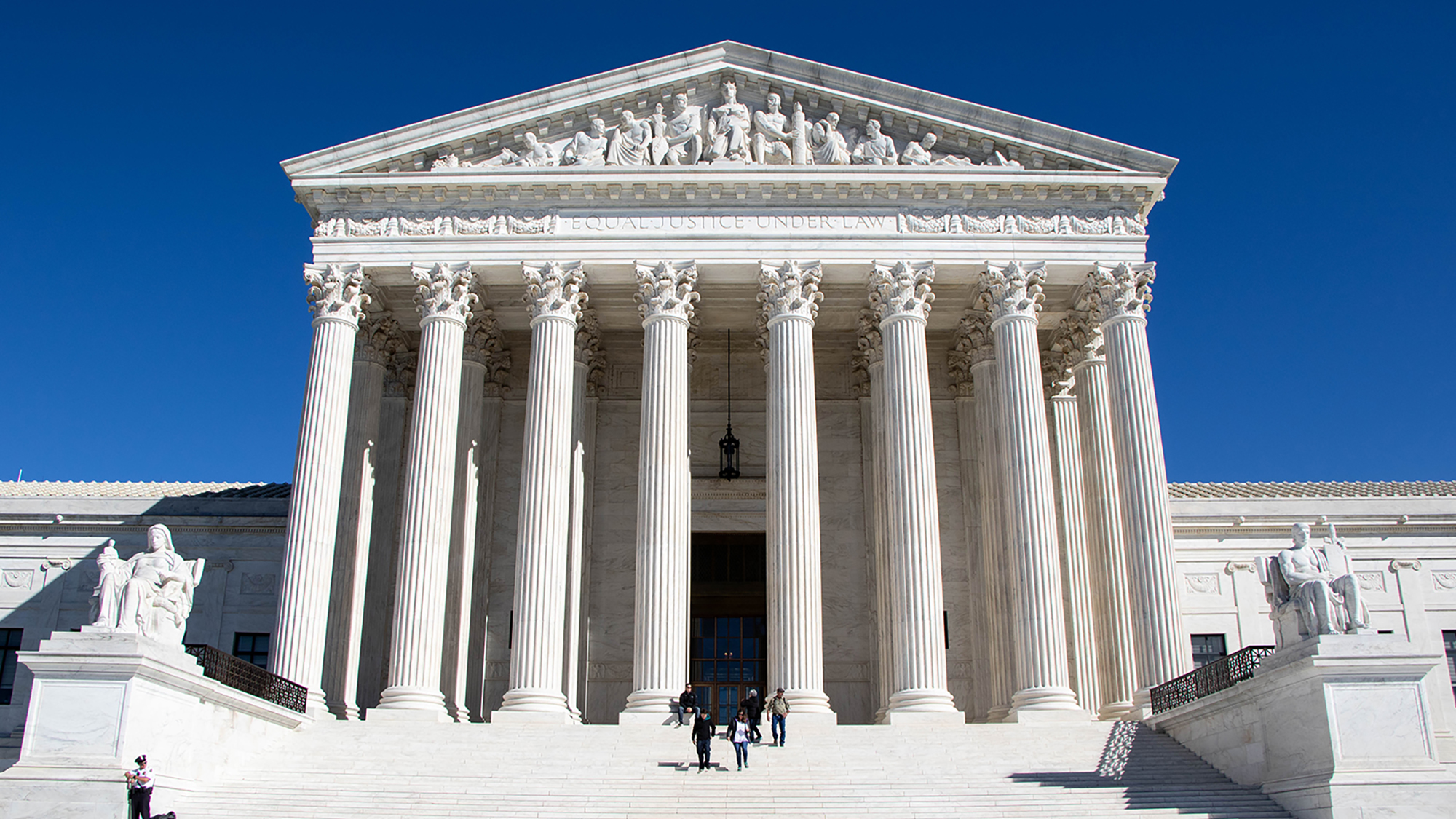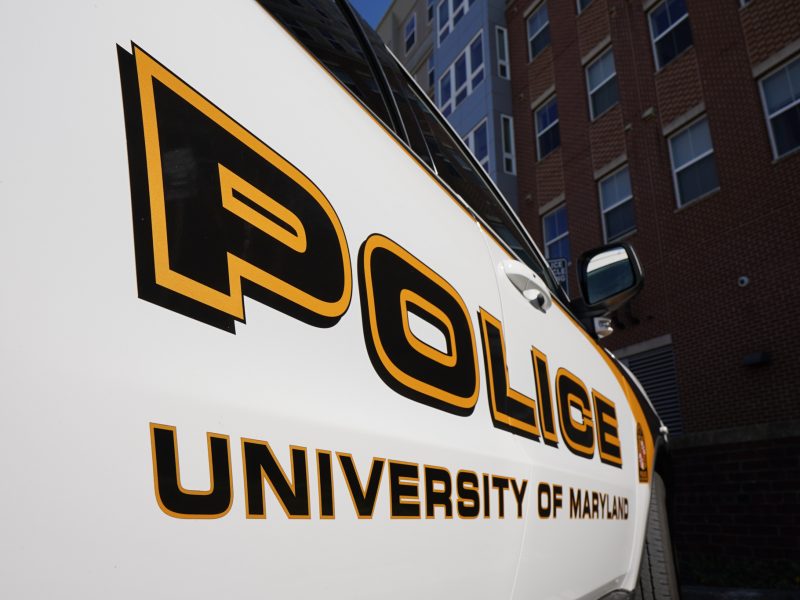The U.S. Supreme Court is hearing arguments for two cases regarding affirmative action policies in college admissions, which could impact admissions at universities nationwide.
It’s difficult to tell whether the ending of affirmative action would impact admissions at the University of Maryland, but the elimination of the policy could have far-reaching effects, according to experts.
Affirmative action is a set of policies intended to prevent discrimination in admissions to a school or job, according to the Legal Information Institute, an independent research group at Cornell University.
The current cases being heard at the Supreme Court-level are the product of groups petitioning against race-conscious admission policies at Harvard University and the University of North Carolina at Chapel Hill.
Here’s what the courts are considering and how it could impact students.
What are the arguments?
Students for Fair Admissions — the group petitioning against University of North Carolina at Chapel Hill — said considering race in admissions isn’t constitutional because it inherently makes the process unequal, which violates the 14th amendment.
“In a zero sum game like college admissions, if race is going to be encountered, that means some people are going to get in, and some people are going to be excluded,” Patrick Strawbridge, the lawyer representing Students for Fair Admissions, said.
University of North Carolina at Chapel Hill and Harvard University argued their affirmative action policies are constitutional because they seek to fulfill the mission of Brown v. Board of Education — creating diverse student bodies to tackle pressing issues.
“The University [of North Carolina at Chapel Hill] pursues these interests in scrupulous compliance with this Court’s precedents, which have consistently held for decades that seeking the educational benefits of diversity is a compelling interest of the highest order,” said North Carolina Solicitor General Ryan Park, who represents University of North Carolina at Chapel Hill.
What have the judges said so far?
Conservative justices Clarence Thomas and Samuel Alito asked lawyers to explain specifically how race is factored into admissions and wanted to know the point at which universities can stop considering it.
Janelle Wong, an Asian American studies professor at this university, studies race and politics as part of her research. She thinks the conservative justices are uninformed about how race-conscious admissions work.
[UMD students and faculty say they want ‘academic freedom,’ not book bans]
The justices focused on the analogy of a checkbox, Wong said. But the idea of a student selecting their race on their application and having that automatically boost their chances of acceptance based on the answer is misguided, she said.
Liberal justices Kentanji Brown Jackson and Sonia Sotomayor focused on the precedent of affirmative action and the potential detrimental effects of overturning it.
“I’m worried that that creates an inequity in the system with respect to being able to express your identity and importantly, have it valued by the university when it is considering the goal of bringing in different people,” Jackson said.
How could the results affect this university?
Wong said she didn’t want to “assume the worst” if race-conscious admissions are barred, but there are other systems that experienced a decline of Black student admission once the policies were eliminated, noting schools in California and Michigan.
How can this university respond?
This university, the University of North Carolina at Chapel Hill and Harvard University use race as one of the multiple factors in their holistic admissions process.
It’s too soon to predict the impact eliminating race-conscious admissions would have on the university, but the administration is looking at “multiple scenarios” that could result from the decisions, according to university President Darryll Pines.
“We have our enrollment management team looking at various strategies to ensure an equitable and diverse applicant pool in the future,” Pines said in an interview with The Diamondback.
[16-year-old voters will not fix our democracy. Better educated voters could.]
Making standardized tests optional on the application and accepting applications via Common App are strategies this university has taken to further diversify the student body, he added.
There are some alternative pathways to getting a diverse student population that don’t explicitly involve race, according to Wong. For instance, providing funding for outreach initiatives and recruiting community college students.
Although such measures can be helpful, taking away race-conscious admissions would take away a tool used to combat systemic barriers, Wong said.
“If there are institutional and structural barriers to education on the basis of race, it’s really hard to address those without considering race,” she said.
Wong added the conversation also needs to involve more students, as the conversation around affirmative action policies has mainly featured older people.



